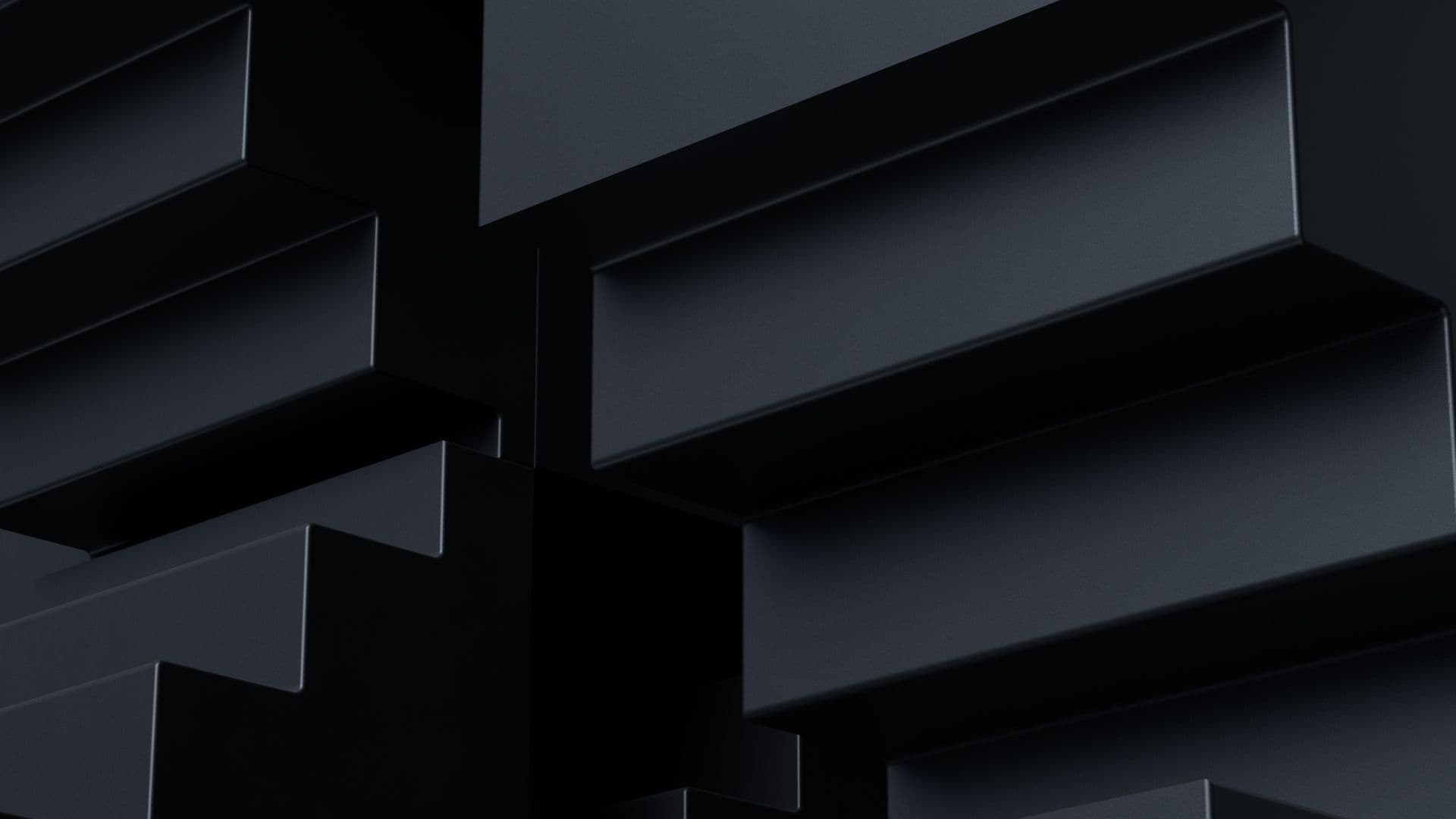« Unity », ses logos et autres marques sont des marques commerciales ou des marques commerciales déposées de Unity Technologies ou de ses filiales aux États-Unis et dans d'autres pays (pour en savoir plus, cliquez ici). Les autres noms ou marques cités sont des marques commerciales de leurs propriétaires respectifs.

